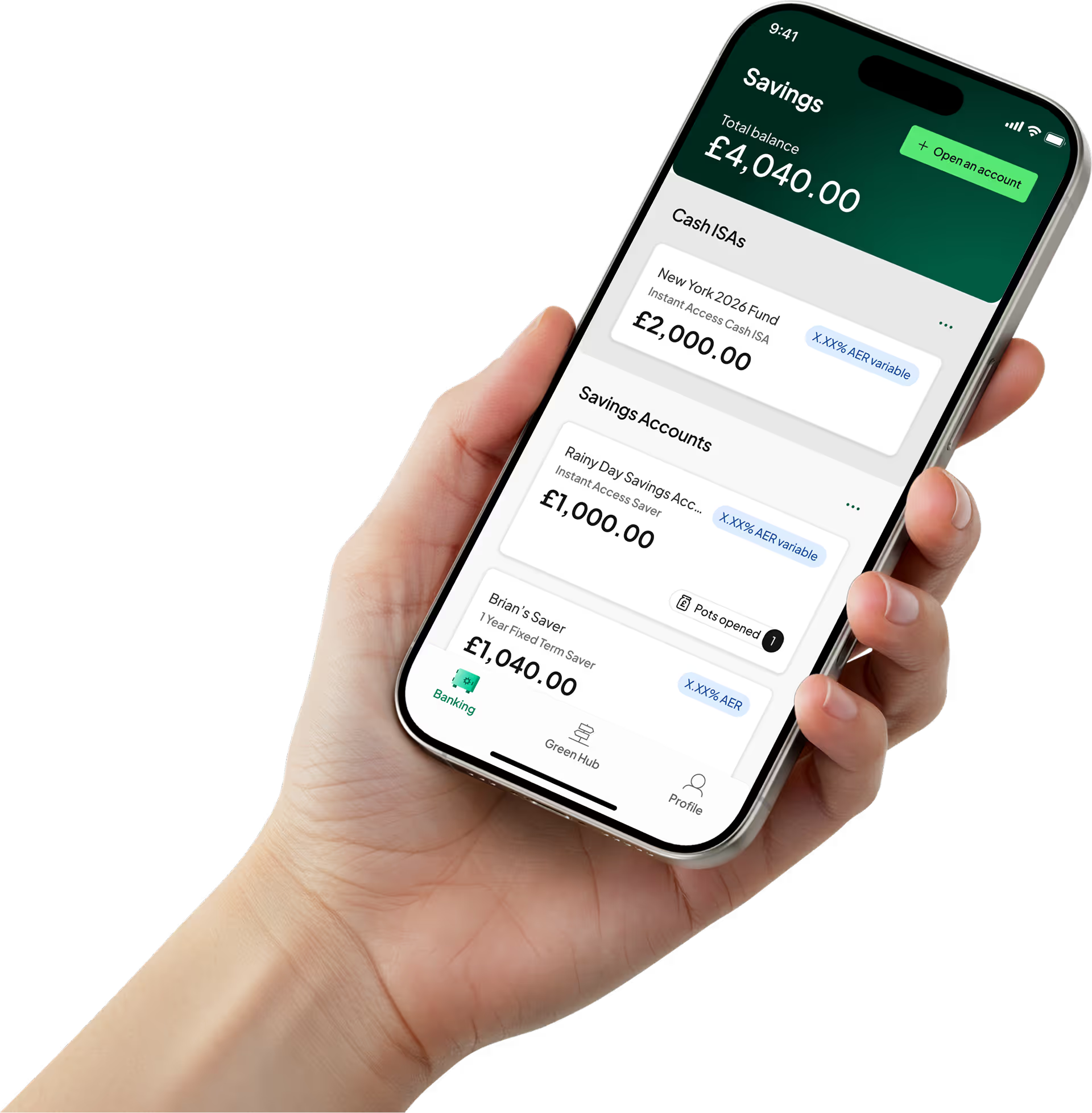What are solar panels?
They’re a clean and renewable way to power your home, and can help reduce your monthly energy bills.

How do solar panels work?
Solar panels use special cells to capture sunlight and convert it into electricity. When sunlight hits these cells, it creates an electric current, which is then converted into usable electricity for your home. This electricity can power your lights, appliances, and heating systems.
Even better when you combine with battery storage, as the excess electricity generated by your solar panels can be stored and used later.
Benefits of solar energy
Typical annual savings can range from £548–£814, depending on system size, usage and tariff.*
If your solar panels generate more electricity than you need, you may be able to sell the excess back to the National Grid.
Solar panels produce electricity without emitting harmful greenhouse gases, helping reduce your environmental impact.
Generating your own electricity can reduce how exposed you are to future energy price increases.
By using solar energy, you're supporting the UK's goal of transitioning away from fossil fuels and towards renewable energy sources by 2035.
Offset upfront costs with a Tandem Home Improvement Loan, spreading payments over manageable monthly instalments.
*These figures are averages based on models for a range of homes from Dec 23 – June 24, considering energy use, solar generation, battery storage, and different time-of-use tariffs. Real-life results may vary depending on the tariffs available, electricity prices, and shading experienced. Figures provided by Kuppa, our Green Home Plan tool provider.
Types of solar panels
There are two main types of solar panels, known as Solar PV and Solar Thermal systems. Each has its own unique way of converting sunlight into useful energy for your home.
Simple steps to solar energy






Ready to make your money do more?
Get the app
Available on both the App Store and Google Play.


























